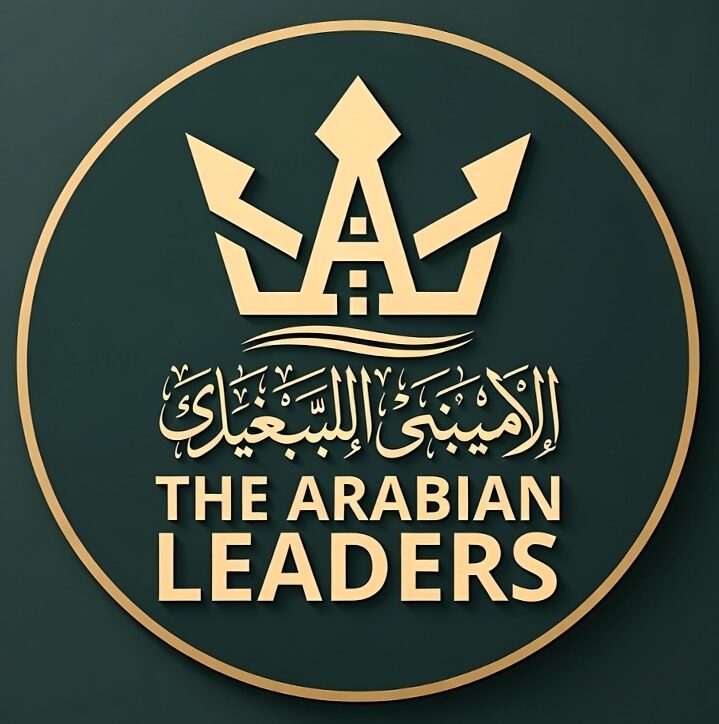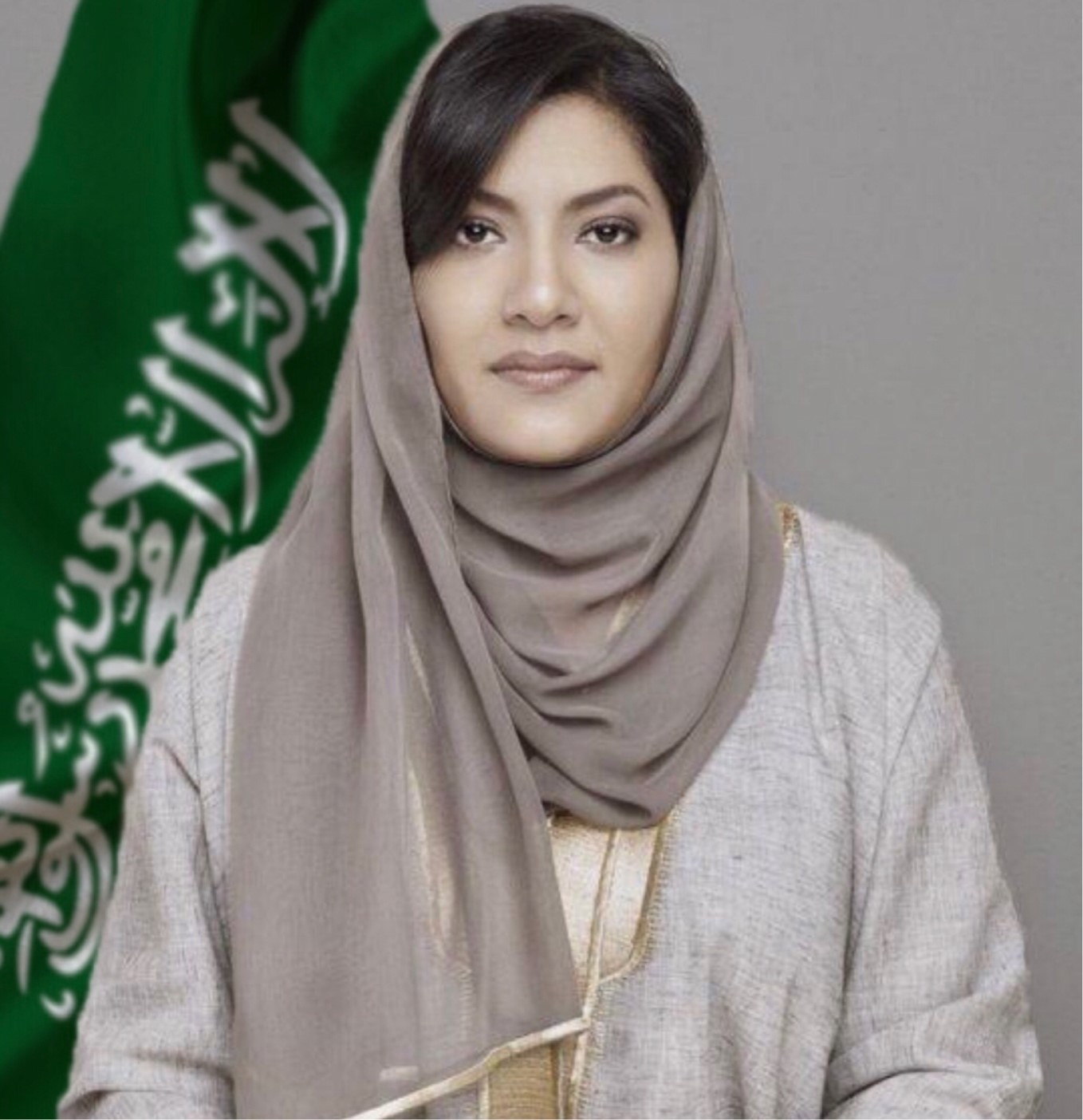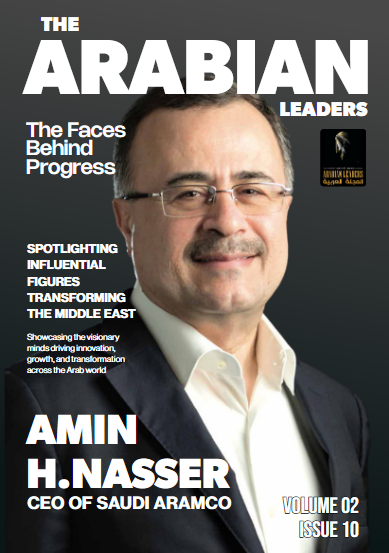In an era marked by sweeping reforms, cultural transitions, and the global repositioning of the Middle East, one figure has emerged as a symbol of modernity, diplomacy, and visionary leadership: Princess Reema bint Bandar Al Saud. As the first woman to serve as Saudi Arabia’s Ambassador to the United States, she represents a dramatic shift in both the Kingdom’s international diplomacy and its internal commitment to gender inclusion.
Princess Reema is not only a royal figure with lineage to one of the most influential families in the Gulf, but she is also a global changemaker whose professional achievements, advocacy work, and diplomatic contributions span both public and private sectors. Her appointment in 2019 marked a significant milestone for Saudi Arabia—sending a powerful message that the Kingdom was serious about its Vision 2030 goals of diversity, modernization, and social inclusion.
But her journey began long before the headlines and diplomatic handshakes. It was shaped by years of exposure to international affairs, entrepreneurship, public service, and human rights activism.
Early Life and Global Exposure
Born in 1975 in Riyadh, Princess Reema bint Bandar Al Saud is the daughter of Prince Bandar bin Sultan Al Saud, one of Saudi Arabia’s most renowned diplomats who served as the Kingdom’s ambassador to the United States from 1983 to 2005. Her mother, Princess Haifa bint Faisal, is the daughter of King Faisal of Saudi Arabia.
Due to her father’s diplomatic post, Princess Reema spent much of her formative years in Washington, D.C., gaining a unique bicultural perspective and fluency in both Arabic and English. This dual exposure—East and West, tradition and modernity—laid the foundation for her later success as a bridge-builder between cultures.
She earned a Bachelor of Arts degree in Museum Studies from George Washington University, focusing on the preservation and presentation of history—a fitting discipline for someone destined to make history herself.
Business Career: Retail, Innovation, and Social Impact
Before entering the diplomatic arena, Princess Reema built a significant career in business and entrepreneurship. She served as the CEO of Alfa International Company, the franchise operator of the upscale Harvey Nichols department store in Riyadh. Under her leadership, the store became not just a luxury retail destination, but a progressive workplace model.
At Harvey Nichols, she implemented female-centric employment policies, hiring women in retail roles for the first time in Saudi Arabia. This was a landmark move at a time when gender segregation and employment limitations for women were still heavily enforced. She went further by providing on-site childcare and transportation services, anticipating the barriers working women faced in the Kingdom.
Her work in retail wasn’t just about fashion—it was about changing norms and creating inclusive spaces for women in the workforce. Her business leadership marked her as a pioneer in corporate responsibility and gender equality in Saudi Arabia.
Advocacy for Women’s Rights and Social Development
In tandem with her business career, Princess Reema became a passionate advocate for women’s empowerment, health awareness, and social reform.
One of her most notable campaigns was centered around breast cancer awareness. In 2010, she founded the 10KSA initiative, a nationwide movement aimed at raising awareness about breast cancer and encouraging early detection. The campaign culminated in a Guinness World Record when more than 10,000 women gathered in Riyadh to form the world’s largest human pink ribbon. It was not just a health initiative—it was a historic public demonstration by womenin a country where such gatherings were rare.
She also co-founded Al Nahda Foundation, a non-profit organization focused on the economic empowerment of women in Saudi Arabia. The foundation offers vocational training, financial education, and support systems for women from underprivileged backgrounds.
These efforts underscore Princess Reema’s holistic approach to reform—addressing health, economic independence, social awareness, and legislative change as interconnected elements of progress.
Government and Public Sector Involvement
Her successful ventures and advocacy work drew the attention of national leadership, and she was soon appointed to prominent public sector roles that aligned with Vision 2030—Saudi Arabia’s ambitious plan to diversify its economy and promote social liberalization.
In 2016, she was appointed Vice President of Women’s Affairs at the General Sports Authority, where she worked to increase female participation in sports and physical activity, long considered a cultural taboo. Under her guidance, Saudi Arabia witnessed the first official sports programs for girls in schools and the first female sports stadium sections open to the public.
Later, she served as Deputy of Planning and Development at the Saudi General Sports Authority and contributed to the establishment of sports federations for women, including archery and soccer teams.
Her work helped pave the way for women to compete internationally, and her legacy can be seen in the growing number of female athletes representing Saudi Arabia on the global stage.
Appointment as Ambassador to the United States
On February 23, 2019, Princess Reema was appointed as Ambassador of Saudi Arabia to the United States—a role that carries immense diplomatic, economic, and geopolitical weight. She officially presented her credentials to President Donald Trump in July 2019.
Her appointment broke barriers as the first woman to represent Saudi Arabia as an ambassador, and it came during a particularly critical period in U.S.-Saudi relations. She inherited the role amidst complex issues, including regional tensions, oil diplomacy, the aftermath of the Jamal Khashoggi incident, and a global spotlight on human rights.
In her role, she has been responsible for:
- Strengthening U.S.-Saudi ties across defense, security, trade, and technology.
- Engaging with policymakers, business leaders, and media to reshape perceptions of Saudi Arabia.
- Promoting the Kingdom’s reforms under Vision 2030—especially those related to gender inclusion, entrepreneurship, and economic diversification.
- Supporting Saudi students in U.S. universities and addressing the concerns of Saudi citizens abroad.
Princess Reema’s diplomatic style blends cultural tact with assertive advocacy, presenting a modern face of Saudi Arabia that is inclusive, forward-looking, and reform-driven.
Global Recognition and Influence
Princess Reema’s accomplishments have received global recognition. She has been featured in international media, participated in global economic forums, and appeared in prestigious rankings, including:
- Forbes Middle East’s Most Powerful Women list.
- Foreign Policy’s Leading Global Thinkers.
- Fast Company’s Most Creative People in Business.
She is a Young Global Leader at the World Economic Forum and frequently appears at international conferences to discuss women in leadership, Middle East diplomacy, and cross-cultural engagement.
Her influence extends beyond politics—she is a role model for women across the Arab world and a trusted voice in shaping the narrative of Saudi Arabia’s evolution.
Personal Philosophy and Leadership Style
Princess Reema’s leadership style is characterized by compassion, pragmatism, and strategic vision. She believes in the power of incremental reform, often emphasizing that real change happens through institutional support and cultural understanding rather than confrontation.
She is also known for her collaborative approach. Whether in boardrooms or diplomatic circles, she brings diverse stakeholders together to build consensus and develop shared solutions. Her training in museum studies—focused on preserving legacy while embracing innovation—is metaphorically aligned with her current role: modernizing Saudi Arabia while honoring its traditions.
She once remarked, “The face of Saudi Arabia that is being developed is one that represents inclusion, represents tolerance, represents acceptance.” This statement encapsulates her personal philosophy and the broader trajectory of her public work.
Vision for the Future
Looking ahead, Princess Reema is poised to play an even larger role in Saudi Arabia’s national and global strategy. As Vision 2030 accelerates, her work as a diplomat, policymaker, and reform advocate will be critical in:
- Attracting foreign investment and tech partnerships.
- Advancing women’s rights in legal and institutional frameworks.
- Promoting cross-cultural dialogue between the East and West.
- Championing sustainability, innovation, and cultural diplomacy.
With her unique blend of cultural insight, professional acumen, and moral clarity, she is helping to reframe not just the role of women in Saudi Arabia, but the Kingdom’s place in the 21st-century world order.
Conclusion
Princess Reema bint Bandar Al Saud is not merely a royal diplomat—she is a reformer, a changemaker, and a visionary. Her journey reflects the evolving identity of Saudi Arabia: rooted in tradition but racing toward the future.
From running businesses to launching health campaigns, from reshaping women’s participation in society to becoming the face of Saudi diplomacy in Washington, she has continually broken barriers and redefined norms.Her legacy is still unfolding, but one thing is certain: Princess Reema stands as a beacon of progress in a region where change is no longer a question of if, but when—and she is ensuring that it happens with dignity, inclusivity, and ambition.








